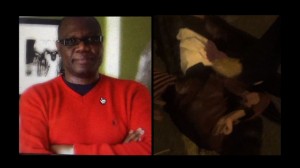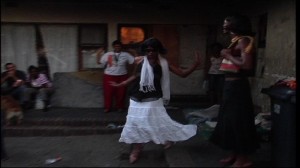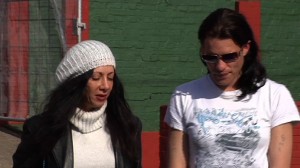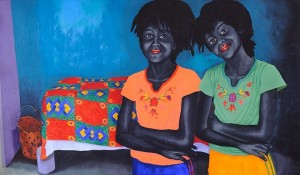They lived vastly different lives: he, the internationally celebrated artist, she the marginalised sex worker. He consorted with the cultural elite, she with pimps and drug dealers. He basked in the limelight; she skulked in the shadows.

Normally, they would never have met.
Yet through an act of unspeakable violence their contrasting worlds have collided. On 14th April 2013 twenty three year-old Nokuphila Kumalo was assaulted and literally stomped to death on a side street in Cape Town. Her alleged murderer: Zwelethu Mthethwa, South African artist and cultural celebrity.

Mthethwa’s trial commences on 10th November, 18 months after the horrific murder. He has the constitutional right to defend himself in court and should not be judged beforehand by a sensationalist-seeking media or a scandal loving society.

But what about his alleged victim? Will her voice be smothered by sordid headlines and stereotypes?
Unlike Reeva Steenkamp and Anni Dewani – two of the most high profile victims of gender-based violence – very little is known about Nokuphila Kumalo.
Other than she was a sex worker, of course.

Without even a photograph of her, it is difficult to put a face to her name. Access to the fragments of her life prior to her murder is also hindered by the stigma associated with sex work. Although the oldest profession in the world (apart from politics) it remains shrouded in secrecy and shame, criminalized in most countries and regarded with contempt by mainstream society.

This makes sex workers all the more vulnerable to abuse and violent crimes. They operate along the frontline of fear in the unrelenting war against women.
The Frontline of Fear is produced by Hazel Friedman in commemoration of National Women’s Day. It will be broadcast on Special Assignment, aired Sundays at 8pm on SABC3.










